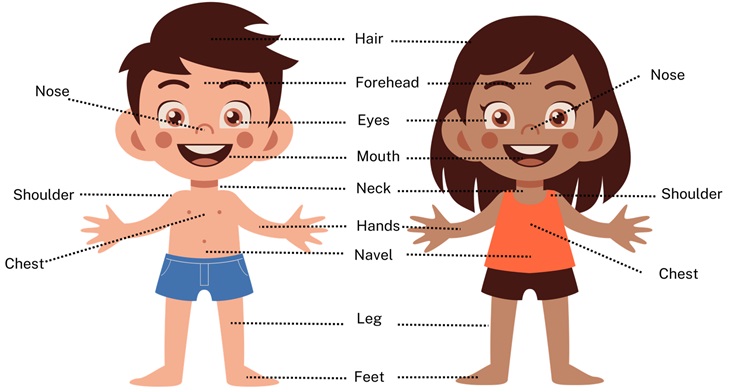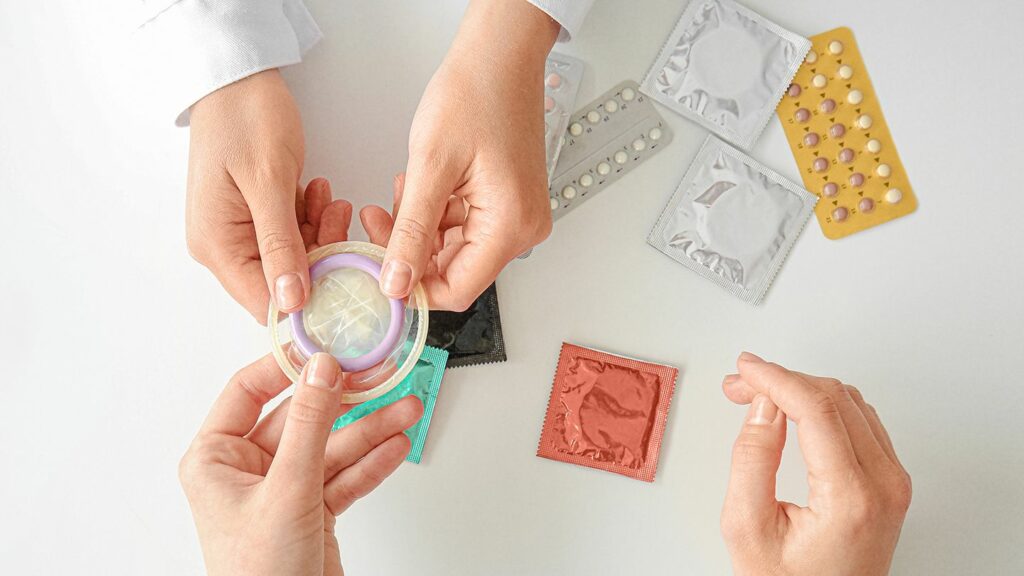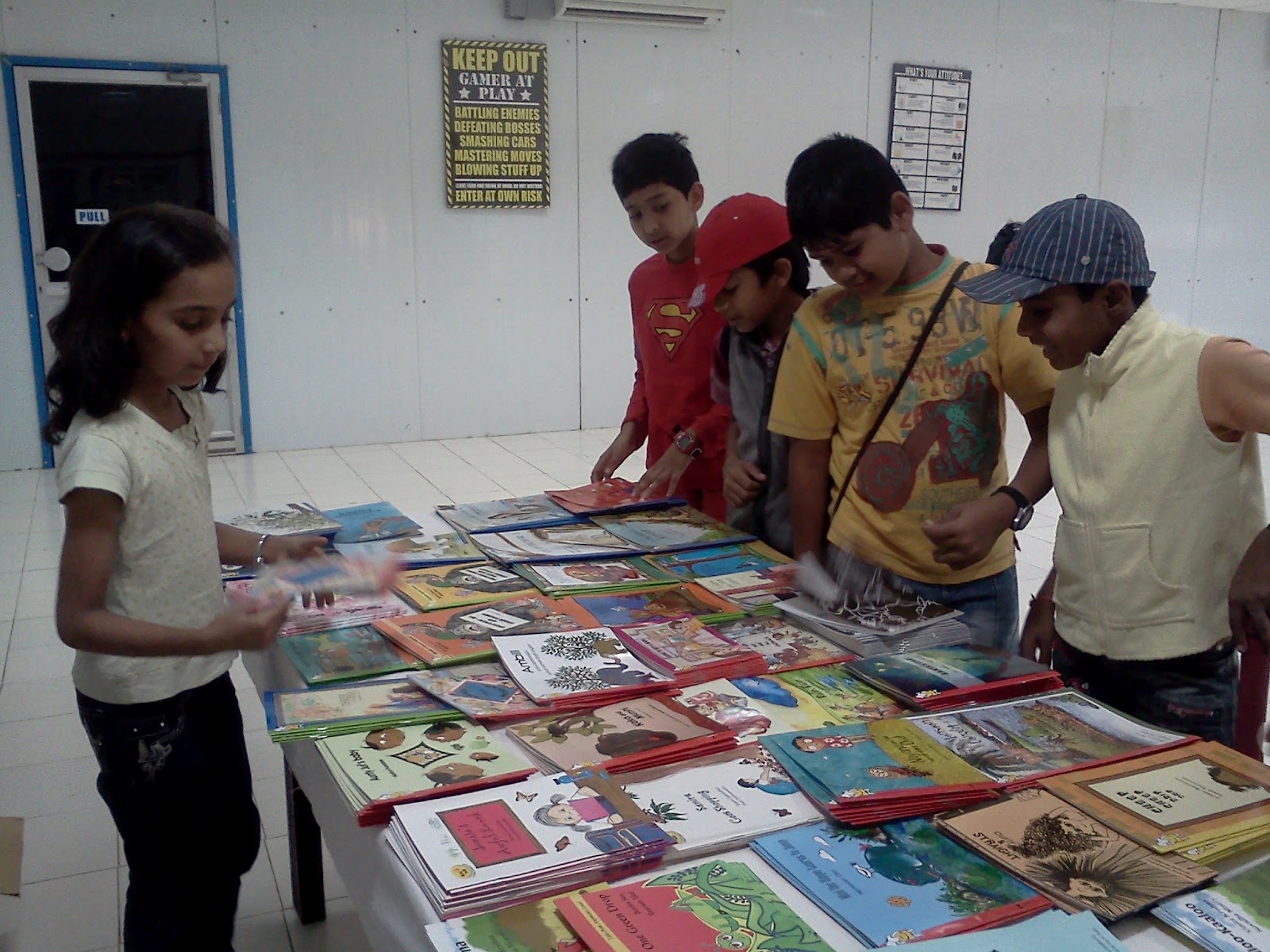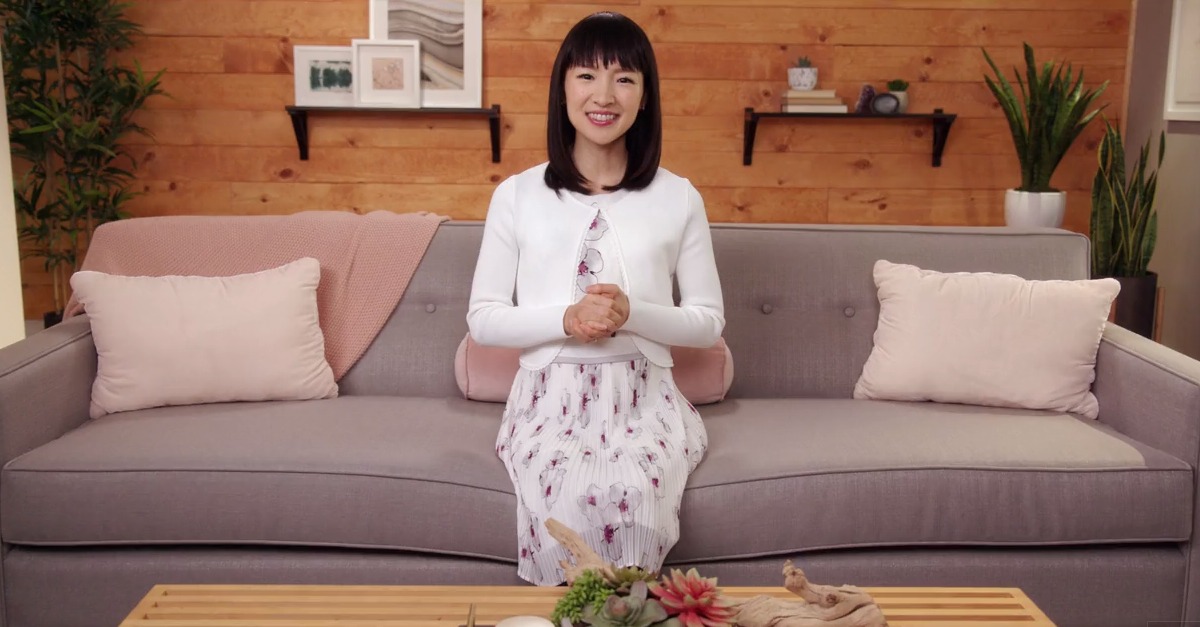Talking to children about sex ed should be started early, to help them understand that sex and sexuality are healthy parts of life. Honest and open conversations at a younger age can lead to having healthier conversations later, as it lays the groundwork to make healthier choices when they are older.
Sex education benefits your child’s identity and perception of their changing body.
And that’s how children express feelings of intimacy, attraction & affections for and how to develop their relationships.
Explaining things at a level that your child can understand is important. It’s best to keep your explanation brief, factual with positive use of the correct names of body parts while speaking. This helps to send the message that talking about our bodies is healthy and OK…
Here Is How To Have Appropriate Conversations:
0-2 Years

Introduce the names of body parts.
2-3 Years
You can use the images to teach your youngster the names of body parts and how various bodies are. Start a conversation with your children about when and where it’s appropriate for them to experiment with their bodies. If your toddler has the tendency to touch his genitals (which is perfectly normal) use it as an opportunity to explain that it is something we do in the privacy of our bedrooms
4-5 Years
Children often ask where babies come from. Explaining to the child in a simple and accurate manner will enable the child to understand and process the information. Learning about limits and what is and isn’t acceptable when it comes to touching—or being touched by others—by others is a big topic for this age group. It’s crucial to teach children in this age range that there are numerous methods to create families and relationships.
6-8 Years
At this age, the child may enquire how the baby is in the uterus. You can explain simply, giving as much information as you’re comfortable with by simply saying that the sperm and egg joined together. You may also add that children can sometimes enter households through IVF, adoption, foster care, or care from grandparents.
Well before your child enters puberty, it’s a good idea to have a conversation with them about the process and how their bodies change during puberty.
Make sure your child is aware of the regulations about chatting with strangers, posting images online, and what to do if something makes her feel uncomfortable. Speak to children about sexual abuse and how to protect themselves.
Sharing a good book with your child can help you both navigate the more complex aspects of puberty, such as the distinctions between testosterone and estrogen and the causes and mechanisms underlying changes to our bodies’ voices, genitalia, hair, and other physical characteristics. Children should be taught about other bodies in addition to their own. The impact of this shift should be a topic of continual discussion, even though the specifics of puberty’s mechanics may only be discussed once.
9-12 Years
Discuss sexuality with children using examples from the media and the community.
This will help children understand things better and also use this mode to point out positive examples of individuals who have overcome stereotypes. Body positivity is extremely important at this stage.
During this period of emotional and social transition, girls in particular may experience body image difficulties. Teenagers, according to research, make wiser decisions when they are aware of the hazards. You should speak on different types of birth control and explain the basics of how they work. Since this age group generally has more freedom online, it’s a good idea to periodically speak about internet safety and to build on your already established digital rules and values.
13 And Above

If you have been open and honest in your communication with your child, he/she will be open to speaking to you regarding their issues or problems or even look to you for guidance and advice.
It is necessary to minimize the lectures however teens need real talk about birth control.
It is important to frequently discuss consent in sexual relationships, the impact of drinking and drugs can have on judgement. Frequent conversations around healthy relationships are crucial. If your child is reluctant to talk about herself/himself, you can talk about “friends at school” instead. You could also wish to discuss earlier experiences with relationships.
In the end, you want to provide your child with the tools they need to assess risks and choose wisely. By discussing the right topics at the right ages, you’re empowering your child to take the correct decision to do the right thing.


















